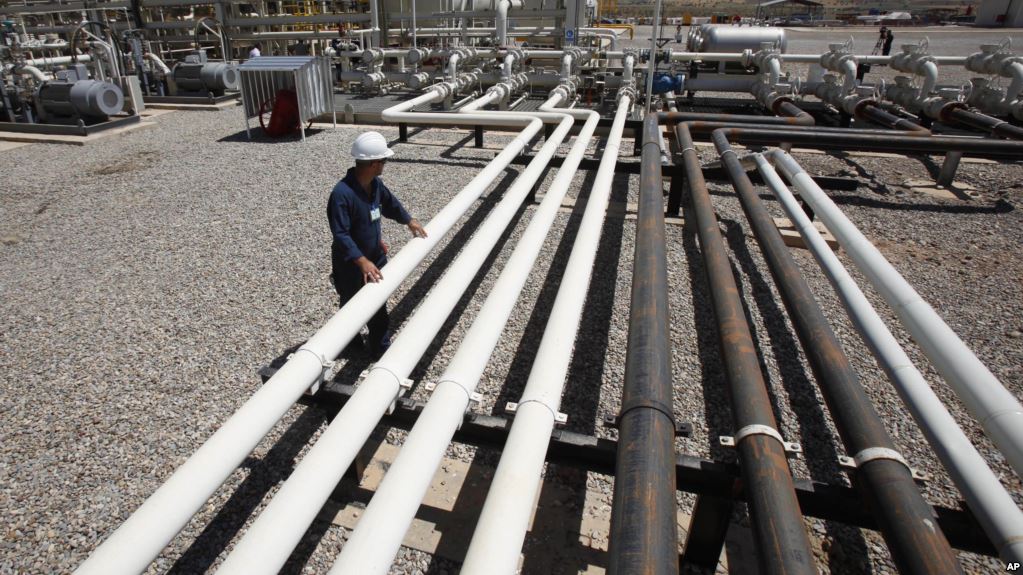Erbil, Ankara – While the Iraqi Oil Ministry announced on Sunday that it agreed with Tehran to form a joint committee to study the export of Kirkuk oil to Iranian territory through a pipeline to be established for this purpose, the Committee on Natural Resources and Energy in the Kurdistan Regional Parliament described the agreement as a violation of sanctions imposed by Washington on the Iranian regime.
In remarks to Asharq Al-Awsat newspaper, Dilshad Shaaban, Deputy chairman of the Kurdish parliament’s natural resources committee, said: “In order to raise more legal problems in Kirkuk, Baghdad and Tehran have been trying for a long time to work on a pipeline to transport crude oil from the province to the Iranian territories.”
“Will Kirkuk remain part of the Iraqi territory until the completion of the implementation of the project?” He asked.
Shaaban ruled out that the Iraqi and Iranian sides have informed the regional government of Kurdistan of this agreement in advance, stressing that “the extension of an oil pipeline from Iraq to the Iranian territories and the supply of Tehran with oil is a breach by Baghdad of the economic sanctions imposed by the international community on the Iranian regime as well as a breach of related international conventions.”
He noted that oil fields in Kirkuk stretch over two blocs: the first bloc includes the fields of Havana and Bay Hassan, which are under the control of the Kurdistan Regional Government, while the second bloc includes three fields under the management of the “North Oil Company” of the Iraqi government in Kirkuk.
He explained that if Baghdad authorities were able to complete the Kirkuk oil pipeline project with Iran, then Havana and Bay Hassan would not be included in this agreement.
Shaaban pointed out that this agreement fell within attempts by Baghdad and Tehran to counter the process of the independence referendum, which would be organized by the Kurdistan Regional Government on September 25.
On Sunday, Iranian Oil Minister Bijan Zanganeh said after meeting his Iraqi counterpart Jabar al-Luaibi that the two countries were moving closer to building a pipeline that would export crude oil from the northern Iraqi fields of Kirkuk via Iran.
Iraq and Iran signed a memorandum of understanding in February to study the construction of the pipeline.
